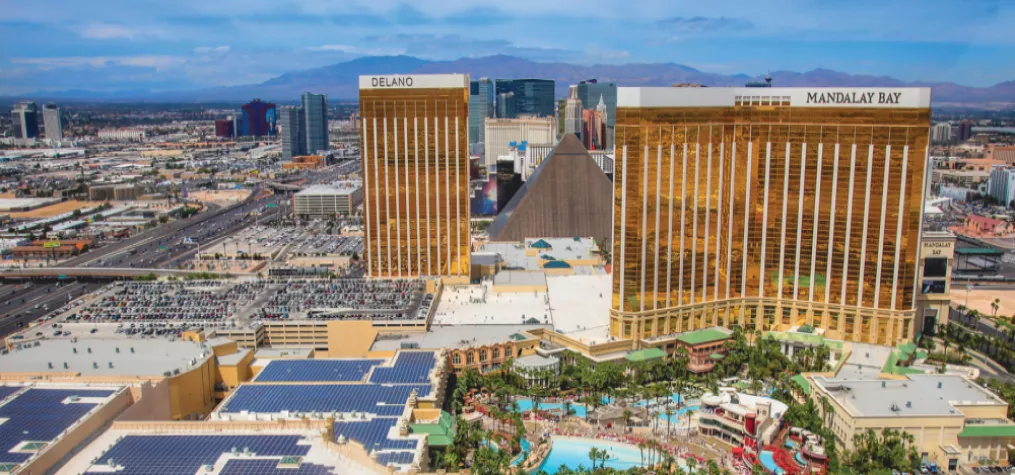In-person events have returned in full force. From Q1 to Q3 of 2022 alone, in-person events held on Bizzabo’s Event Experience OS saw a 724% increase. More than 98% of event organizers intend to host at least one in-person event by year’s end, and most will have planned at least three events in 2022, according to Bizzabo’s recent survey. With this renewed focus on gathering in person, marketers are folding events of all kinds into their demand generation efforts to nurture audiences, grow revenue and drive business outcomes. Read on for three key ways to use events to improve your marketing.
1. Event data connects to broader marketing aims
Events impact an organization’s top and bottom lines, equipping marketers with actionable data insights to improve attendee experiences, foster brand awareness and facilitate strong engagement at scale. The right event management technology integrates events seamlessly into a company’s other marketing tactics.
Actionable event data creates a virtuous cycle to improve event experiences while accelerating pipeline velocity. Real-time data empowers organizers to pivot and refine events in the moment, optimizing event experiences for each attendee. Those same data insights extend into other marketing efforts, fueling new contacts and leads for a team’s CRM and providing insights that enhance ABM efforts. Leveraging those insights to create localized programming customized for specific accounts, industries or an “event within an event” elevates event experiences for crucial prospects, deepening connections.
2. Capture behavioral data for better follow-up
Sharing time on-site with event attendees offers unparalleled access to qualitative data. You get a glimpse into prospects’ pain points, interests and needs. With visibility into which speakers, content and exhibitors hold attendees’ attention and how the audience connects to your brand, you can nurture connections and build lead momentum.
Event experience leaders are incorporating innovations like wearable technology to maximize the value of event data and optimize engagement. While wristbands and high-tech badges may not fit the budget or format of every event you execute, they serve as a rich data source. Depending on the technology you use, your events team can collect:
- Advanced analytics, including dwell time
- Touchless contact exchanges during networking
- Leads for sponsors and exhibitors
- Session check-in tracking
With insight into an attendee’s networking connections and the sessions that resonated with them, you’ll be able to offer more effective post-event outreach. Rather than merely sending identical follow-up communications with an attendee’s first name slotted into the greeting, you can share relevant content, product offerings and future events customized to each attendee. This personalization extends your event’s value for your audience and lead generation efforts.
Behavioral data captured at events informs your post-event strategies, future event content and broader marketing efforts and sales strategies.
3. Event engagement translates to leads
Insights into attendee activity—from exhibitor interaction and poll participation to session check-ins and contact exchanges—enable sales teams to prioritize the most engaged leads, saving time and energy while maximizing their conversion success.
With robust event experience technology, you can assign each attendee an engagement score and segment event audiences based on their engagement level. Share these engagement details with your sales teams, who can pinpoint correlations between high attendee engagement levels and the escalation into a sales-qualified lead. Then go-to-market teams can reach out to prospects directly, offering follow-up support and deepening relationships.
As marketers resume their focus on in-person events, they can leverage data to connect event experiences to revenue goals. Data helps event professionals understand and cater to attendees’ interests and needs so they can offer thoughtful, relevant and personalized experiences. Those experiences extend an event’s value, deepening relationships, refining marketing efforts and contributing to better business outcomes.
Don’t miss any event-related news: Sign up for our weekly e-newsletter HERE, listen to our latest podcast HERE and engage with us on Twitter, Facebook and LinkedIn!


